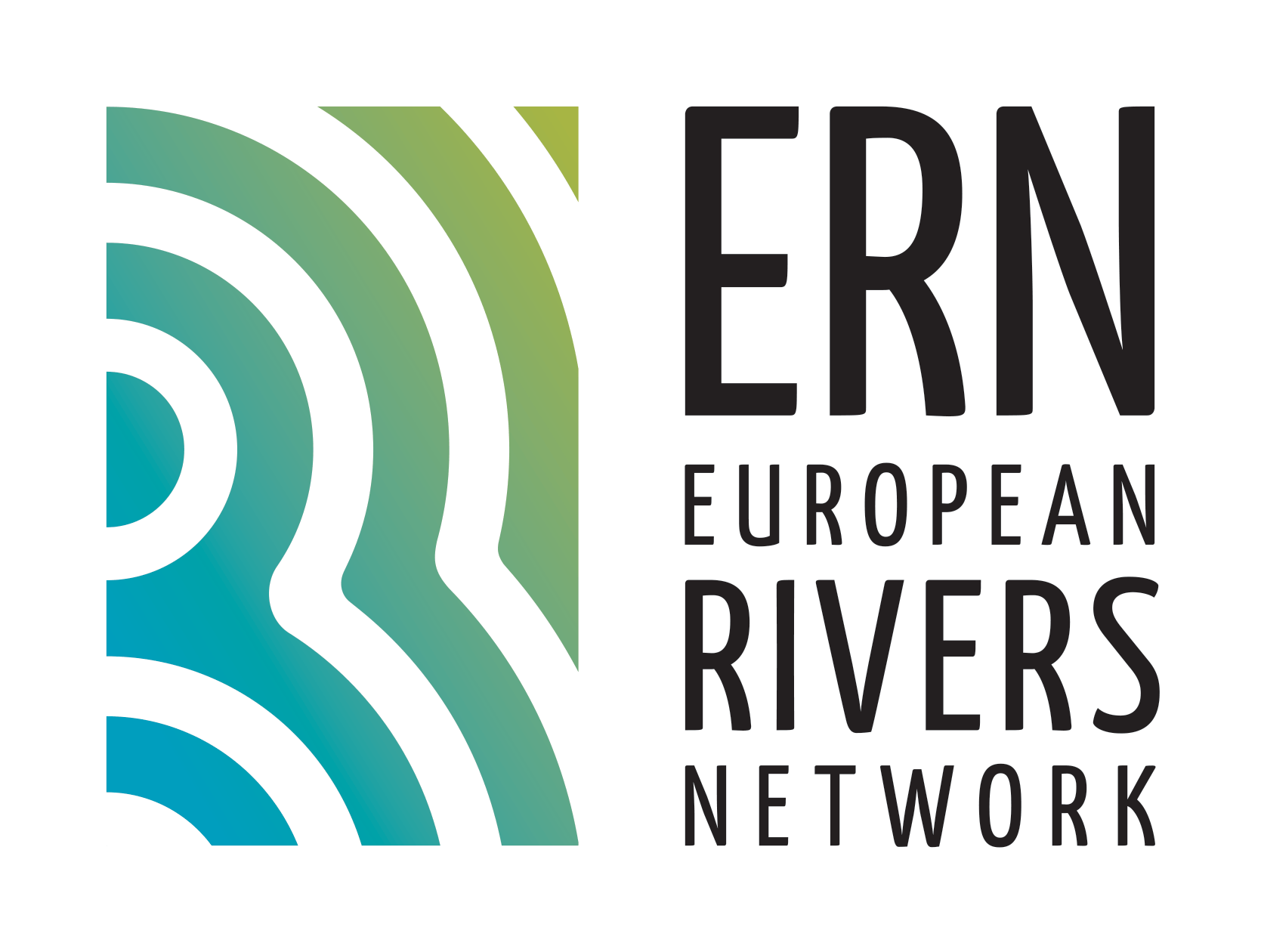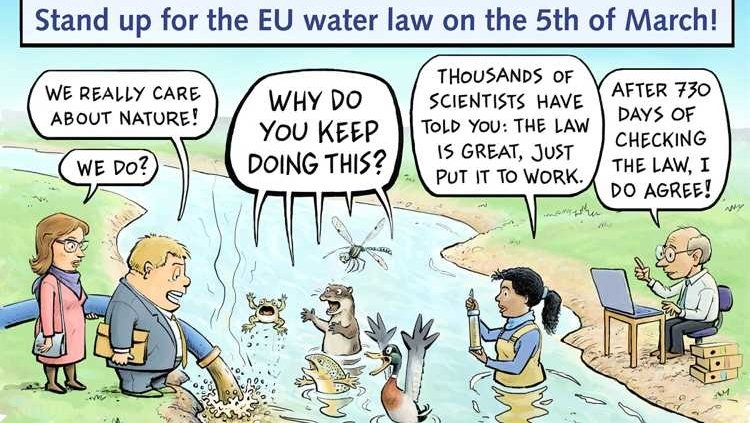Ministers Council (Environment) on March 5 in Brussels: ministers are invited to support the water framework directive in its current form
Prior to the exchange of views between Ministers on the evaluation of water legislation at the meeting of the Council (Environment) on 5 March 2020, we would like to call Ministries attention on the importance of the follow-up of this evaluation for securing healthy freshwater resources in Europe. We kindly encourage Ministers to come together with 375000+ citizens, nearly 6000 scientists, and 130+ civil society organisations and take a strong stand in support of maintaining the Water Framework Directive in its current form.
Currently, 60% of our rivers and lakes in Europe are not in good status. The next decade will be crucial for combating climate change and environmental protection as says differents report from IPBES, AEE 1.
The relevance of the Water Framework Directive can no longer be questioned – the fitness check conclusions 2 highlighting the EU Water Framework Directive to be “fit for purpose”, acknowledging that the objectives of the law “are as relevant now as they were at the time of the adoption”. These conclusions are an unparalleled opportunity to speed-up the efforts on water protection, but also challenge climate change, water scarcity and pollutants of emerging concern for whom the report says that the Water Framework Directive flexible enough to accommodate this emerging pressures.
While we are heading towards the deadline for the 3rd River Basin Management Plans, due by the end of 2021, river basin authorities need legal certainty to be able to plan and finance the measures that will truly help achieve good status in all surface and ground waters, a goal that we all share.
The EU Biodiversity Strategy for 2030, the Farm to Fork Strategy and the Zero Pollution Action Plan offer tremendous opportunities to address hydromorphological, diffuse and point source pollution pressures on European rivers and lakes. The European Green Deal can and should be harnessed to the objective of reaching a good water status in 2027, not hampered by an unresolved debate.
We therefore urge the ministers to affirm their position and their commitment not to modify the Water Framework Directive.
_________________
1 The Intergovernmental Science-Policy Platform on Biodiversity and Ecosystem Services (IPBES) reported that aquatic ecosystems are among the most degraded in the world. The World Economic Forum’s Global Risks Report 2020 has determined water crisis’s to be one of the top 5 global risks 5 years in a row (2015-2020). And according to a recent publication by the European Environmental Agency (EEA) the key impacts climate change will have on Europe are increased droughts and heavy rainfall and floods.
2 Since October of 2017, the European Commission announced the fitness check of the Water Framework and Floods Directives. 3 years later, after an extensive evaluation and search for evidence, the process has come to a crossroads. The fitness check conclusions stated clearly “The fact that the WFD’s objectives have not been reached fully yet is largely due to insufficient funding, slow implementation and insufficient integration of environmental objectives in sectoral policies, and not due to a deficiency in the legislation.” Moreover a recent analysis on the WFD conducted by the Leibniz Institute of Freshwater Ecology reaches the same conclusions as to the fitness check: “Reasons for the poor performance are not down to the Water Framework Directive itself. In fact, this is a technically sound and expedient policy document.”


 ERN France
ERN France ERN is the official WWF Freshwater Partner in France and cooperates with WWF Switzerland, Austria, Netherlands and others
ERN is the official WWF Freshwater Partner in France and cooperates with WWF Switzerland, Austria, Netherlands and others

Leave a Reply
Want to join the discussion?Feel free to contribute!